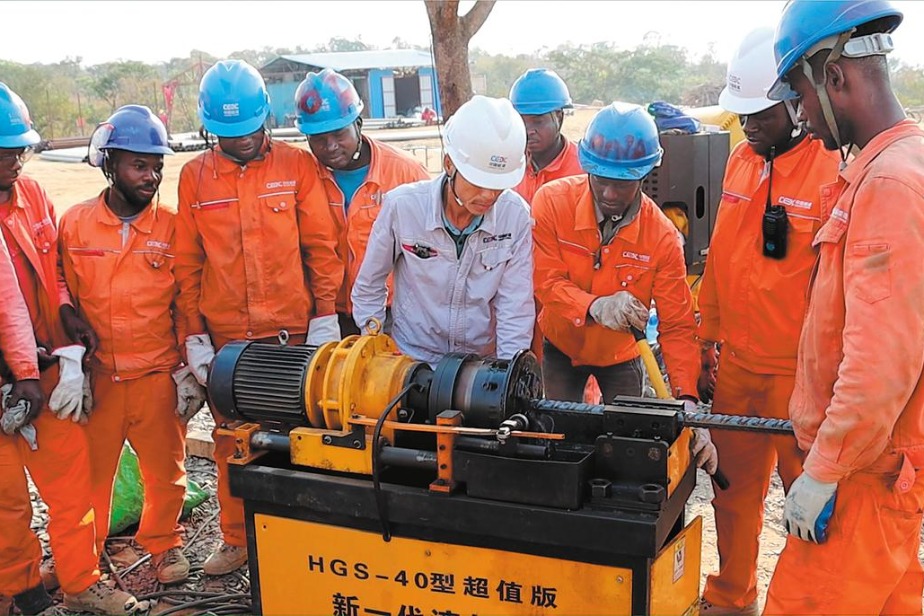China expands global earthquake response cooperation

China has deepened international cooperation on earthquake response over the past five years, completing a China-aided seismic monitoring network in Nepal and signing agreements with Ecuador and Kazakhstan, the country's top earthquake official said on Wednesday.
Wang Kun, head of the China Earthquake Administration, made the remarks at a State Council Information Office news conference, highlighting progress in earthquake response cooperation during the 14th Five-Year Plan period (2021-25).
"Cooperation on earthquake disaster reduction has been included in the outcomes of major diplomatic events such as the Belt and Road Forum for International Cooperation, the China-Central Asia Summit, and the Beijing Summit of the Forum on China-Africa Cooperation," Wang said.
He said China has also taken part in international humanitarian missions, conducting emergency response, disaster assessment and scientific surveys after the magnitude 7.8 twin earthquakes in Türkiye in 2023, the magnitude 7.2 quake in Vanuatu in 2024, and the magnitude 7.9 quake in Myanmar in 2025.
"These efforts vividly demonstrate China's image as a responsible major country," he said.
The Belt and Road earthquake disaster reduction cooperation mechanism has expanded to 28 countries and international organizations, along with the establishment of an earthquake science expedition alliance, Wang said.
China has also provided earthquake warning and safety assessment services for major projects including the Jakarta-Bandung high-speed railway in Indonesia, the China-Myanmar oil and gas pipeline, and Pakistan's Gwadar Port, according to the official.
In addition, 17 international cooperation projects have been implemented, offering technical training to more than 600 participants from over 40 countries, Wang said.
China's earthquake science experiment site has also attracted research teams from 13 countries, including the United States, Russia and the Netherlands, he said.





































